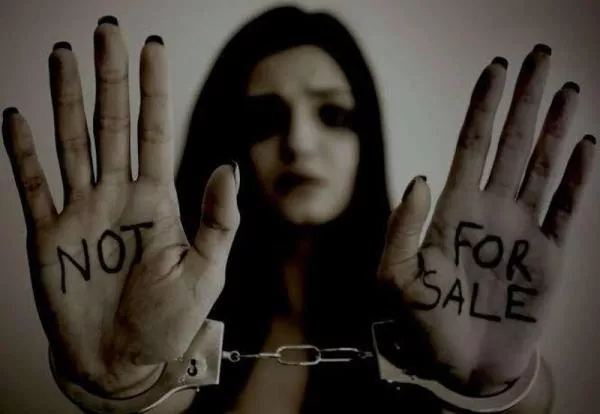Definition:
Section 138 criminalises trafficking of any person by using force, deception, coercion, abduction, abuse of power, or inducement to exploit them.
Key Components of Trafficking:
The act is considered trafficking if a person is recruited, transported, harboured, transferred, or received through one or more of the following means:
- Threat or use of force
- Abduction
- Fraud or deception
- Abuse of power or position
- Giving or receiving payments to gain control over a person
Purpose of Trafficking:
The intention behind the act must be exploitation, which includes:
- Sexual exploitation
- Forced labour or services
- Slavery or practices similar to slavery
- Organ removal
- Begging
Punishments under Section 138:
- Trafficking of 1 person: Imprisonment up to 10 years and a fine.
- Trafficking of more than 1 person: Imprisonment up to 14 years, and fine
- Trafficking of a child: Imprisonment minimum 10 years, may extend to life, and fine
- Repeat offense involving child trafficking: Life imprisonment
- If public servant or police officer involved: Life imprisonment and fine
Section 139 – Exploitation of a Trafficked Person
This section applies after the trafficking has taken place and targets anyone who knowingly engages in exploitation of a trafficked person
Key Point:
Even if someone was not directly involved in trafficking but uses or exploits a trafficked person (knowingly), they can be held liable under this section.
Punishment:
- Imprisonment: Up to 5 years
- Fine: Also, applicable
Purpose of Sections 138 and 139:
- Provide a strong legal framework against human trafficking.
- Ensure protection and justice for victims of trafficking, especially women and children.
- Punish not just traffickers, but also those who exploit trafficked individuals.

Comments